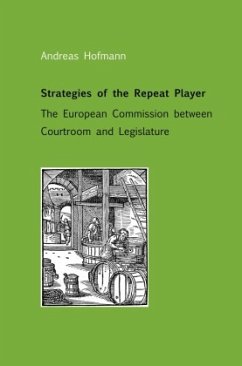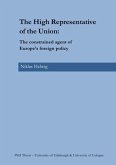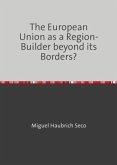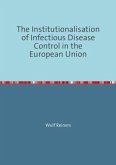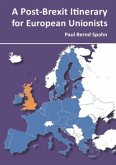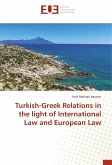One of the startling empirical insights from the growing body of research on the workings of the EU judicial system is that the European Commission almost always wins the cases that it argues. This finding is remarkably robust - the European Court of Justice follows the Commission's opinion in the vast majority of cases. Since the Court has been the author of many important decisions shaping the content of EU policies, being a frequent and frequently successful litigator provides the Commission with an alternative means of achieving policy objectives, at least when all else fails. This book systematically assesses how the Commission makes use of its access to both legislation and litigation in order to advance its policy interests. It proposes that the Commission is more likely to resort to litigation when the likelihood of initiating successful legislation is low. To test this proposition, the book proceeds in two steps. It starts with a quantitative analysis of the relationship between legislative obstacles and infringement proceedings across policy areas over time. In a second step, it undertakes two longitudinal case studies of Commission policy initiatives and judicial action in two policy areas: the free movement of goods, in particular with regard to the removal of barriers to trade in goods, and the free movement of persons, in particular with regard to the rights of European Union nationals to move and reside within the Union.

